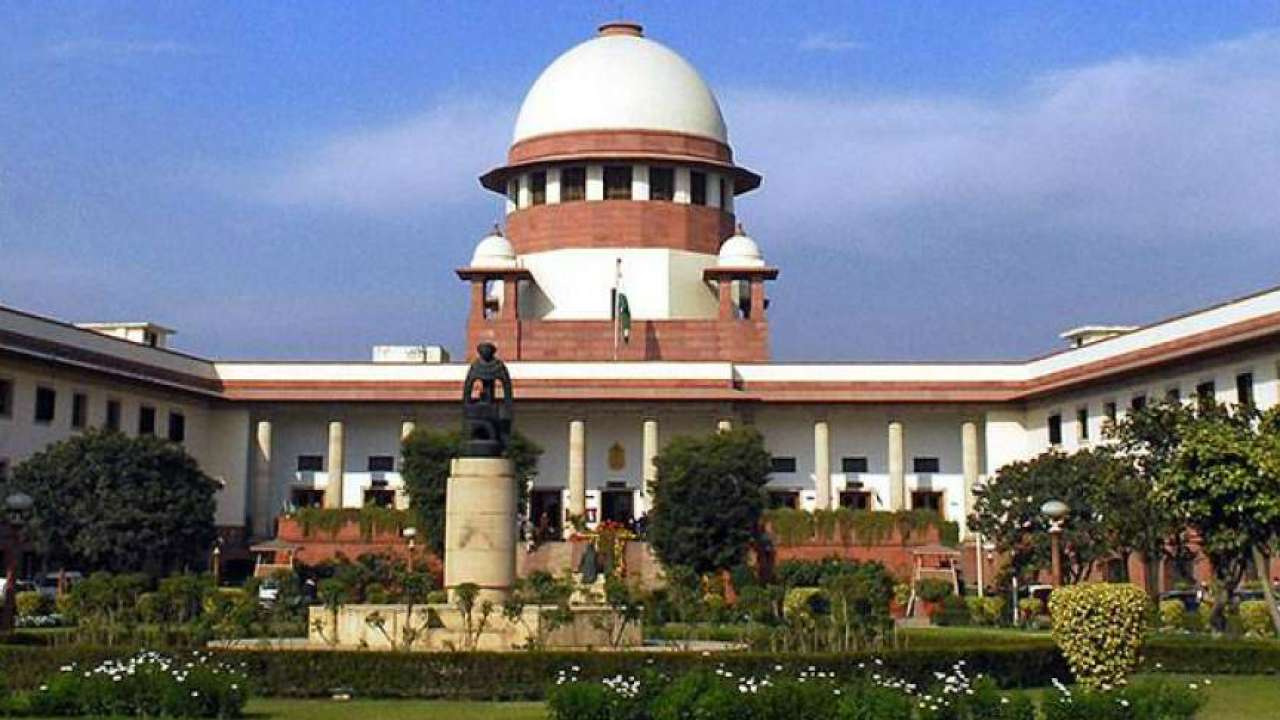Latest News
Supreme Court: Liberty Granted By The Court To Use Appropriate Remedies Does Not Bar Application Of Constructive Res Judicata Principle

The Supreme Court bench comprising Justice Dhananjaya Y Chandrachud and Justice Hemant Gupta observed that the liberty granted by the court to make use of "appropriate remedies" to a party does not prevent the application of the principle of constructive res judicata when invoked by the party. This appeal arises from a judgment of the Kerala High Court dated 11 December 2015 in which the Court while dismissing a petition instituted by appellants under Article 227 of the Constitution held that the claim set up by the appellants before the executing court for the value of the improvements alleged to have been made by them on the land in dispute under the Kerala Compensation for Tenants Improvements Act 1958 was barred by the principle of constructive res judicata.
In Asgar vs. Mohan Verma case, the High Court upheld the appeal against the appellants, believing that tenants at sufferance were not entitled to any property and the right to remain in possession could not be assigned. The court stated that it would not consider the issue as it did not stem from the order of the claim petition. The High Court dismissed the Special Leave Petition against this decision and stated that to the extent that it refers to compensation for the improvements made by the appellants, the appellants were free to seek an appropriate remedy for the compensation of their claims in accordance with the law.
Subsequently, the appellants submitted an application to the Executing Court to pay them the value of the property improvements, before an order for the delivery of possession was issued which was rejected. The High Court, rejecting the writ petition against this order, declared that the claims made by the appellants with respect to the value of the improvements supposedly made to the property were barred by the principle of constructive res judicata.
The Bench explained the concept of under Section 11 in the following words:
Section 11 of the Code of Civil Procedure defines Res Judicata as a matter which has been directly and substantially in issue in a former suit between the same parties or between parties litigating under the same title and which cannot be raised before a court subsequently, where the issue has been heard and finally decided by a competent court. Explanation IV states that any matter which "might and ought" to have been made a ground of defence or attack in a former suit shall be deemed to have been a matter directly and substantially in issue in such a suit.
The argument presented to the Apex Court, which allegedly confirmed the High Court ruling, was that simply because the claim for compensation under the Kerala Compensation for Tenants Improvements Act 1958, could have been raised in previous proceedings in the application for execution that does not prevent the appellants from submitting a new application. The Bench said, ‘‘All questions pertaining to the right, title and interest which the appellants claimed had to be urged in the earlier Execution Application and adjudicated therein.’’ This would prevent the multiplicity of proceedings and delay in giving justice to the decree-holder.



































































































